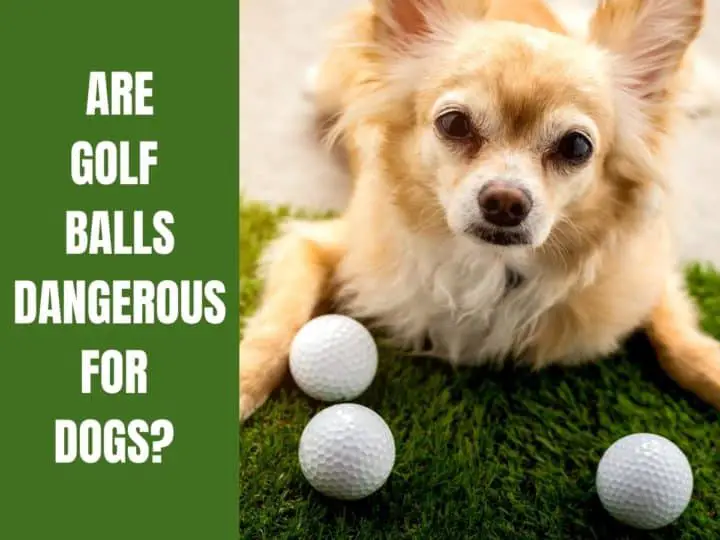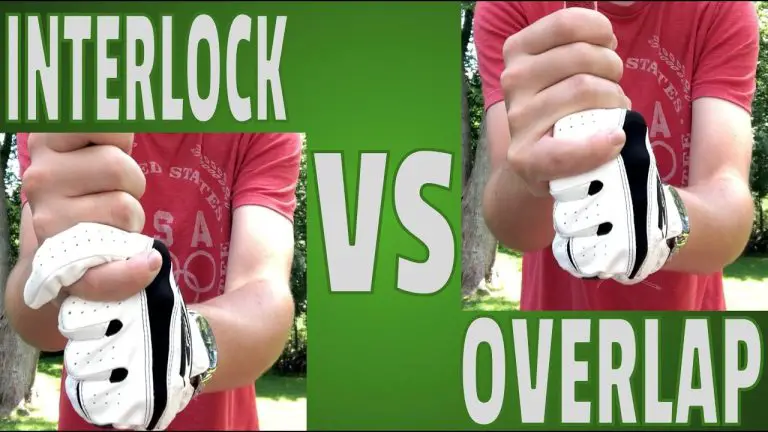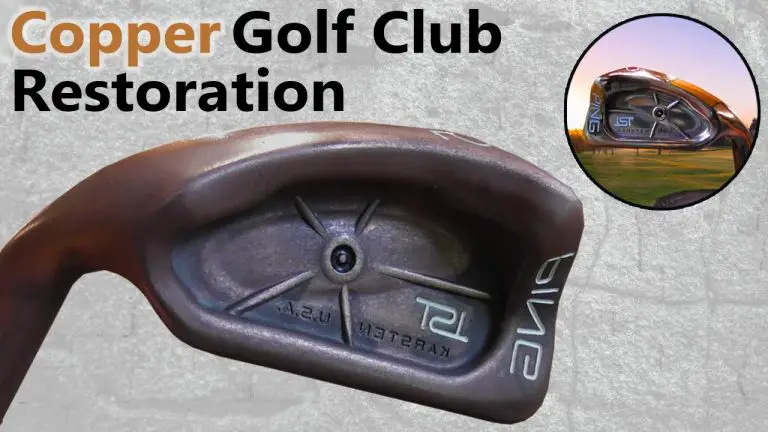Are Golf Balls Dangerous For Dogs

Golf balls are small, hard objects that are commonly used in the game of golf. While golf balls may seem harmless, they can pose a severe threat to dogs if ingested. As a dog owner, it’s essential to understand the risks associated with golf balls and take measures to prevent your furry friend from coming into contact with them.
Golf balls can cause a range of health issues in dogs, from choking hazards to internal injuries. The risks depend on various factors, including the size of your dog, the type of golf ball, the quantity of golf balls ingested, and the time lapse since ingestion. These factors can significantly affect the severity of the risks.
Symptoms of golf ball ingestion in dogs can range from mild to severe. Common symptoms include vomiting, diarrhea, lethargy, loss of appetite, and abdominal pain. More serious symptoms, such as difficulty breathing or swelling in the abdomen or throat, can be life-threatening and require immediate medical attention.
Preventing golf ball ingestion in dogs is crucial. Simple prevention measures, such as keeping golf balls out of reach, training your dog to leave golf balls alone, using alternative toys for dogs, and being vigilant during walks or visits to golf courses, can help keep your furry friend safe.
In this article, we’ll delve into the risks associated with golf balls and dogs, the symptoms of golf ball ingestion, and the prevention and treatment options available. By the end of this article, you’ll have a better understanding of the potential risks and how to keep your furry friend safe from harm.

The Risks of Golf Balls to Dogs
Golf balls are small, hard objects that can pose a choking hazard to dogs if swallowed. If your dog manages to ingest a golf ball, it can also cause gastrointestinal obstruction, tooth fractures, and internal injuries. The severity of the risks depends on several factors, such as the size of your dog, the type of golf ball, the quantity of golf balls ingested, and the time lapse since ingestion.
Symptoms of Golf Ball Ingestion in Dogs
If your dog has ingested a golf ball, they may exhibit various symptoms. Common symptoms include vomiting, diarrhea, lethargy, loss of appetite, and abdominal pain. More serious symptoms include difficulty breathing, persistent vomiting or diarrhea, blood in stool or vomit, and swelling in the abdomen or throat.
Preventing Golf Ball Ingestion in Dogs
Preventing golf ball ingestion in dogs is crucial. One way to prevent it is to keep golf balls out of reach. You can also train your dog to leave golf balls alone and use alternative toys for dogs. When walking your dog or visiting golf courses, be vigilant to avoid any accidental ingestion.
Treatment for Golf Ball Ingestion in Dogs
If your dog has ingested a golf ball, it’s essential to seek veterinary attention immediately. Treatment options include inducing vomiting or surgery, depending on the severity of the ingestion.
Conclusion
In conclusion, golf balls can be dangerous for dogs, and it’s essential to take precautions to keep your furry friend safe. Golf ball ingestion can cause severe health issues and even death, so it’s crucial to prevent it from happening. By being vigilant and following prevention measures, you can ensure that your dog stays healthy and happy. If you suspect your dog has ingested a golf ball, seek veterinary attention immediately to avoid any severe health issues.






